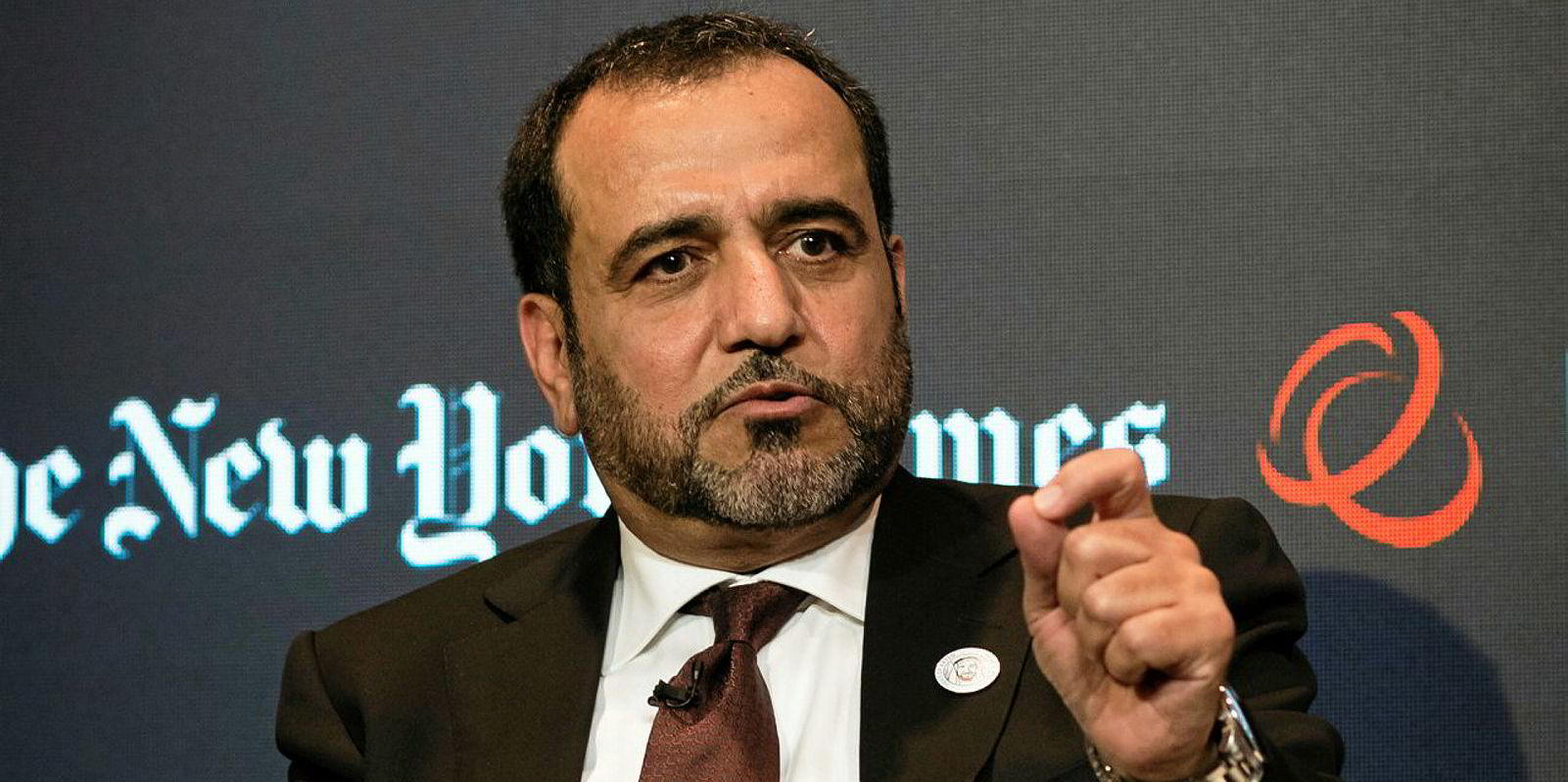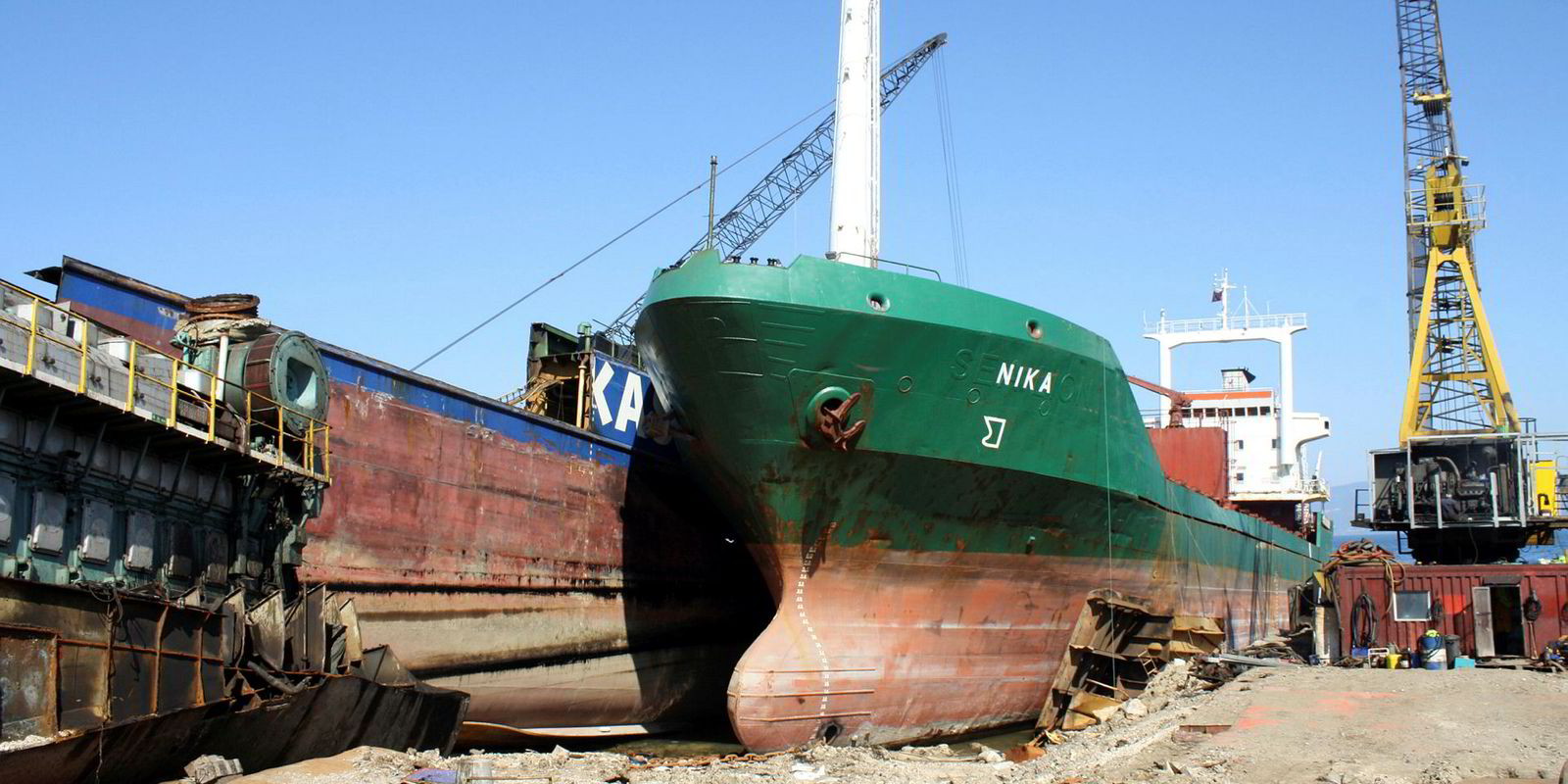The IMO 2020 bunker rules could make flying more expensive as middle distillates prices will take their cue from the strength of marine gasoil, according to a senior official from Abu Dhabi National Oil Co (ADNOC).
Demand for distillates in the shipping sector is widely expected to spike after 2020, when vessels will need to start using 0.5%-sulphur fuel based on the IMO rules.
According to McKinsey estimates, the switch will lead to a gain of 1.5 million barrels per day (bpd) in marine gasoil demand.
As shipowners may be hesitant in using blended low-sulphur fuel oil, a new product, in the initial periods after 2020, ADNOC’s director of downstream directorate Abdulaziz Abdulla Alhajri says distillates margins will be boosted by higher demand for marine gasoil.
However, refineries often need to choose to maximise production of one type of middle distillates over another during refining process.
“The impact will also be on…jet fuel. Jet fuel price will increase,” Alhajri told the Oil and Money 2018 conference, adding that the incremental costs will be borne by the aviation transport sector.
According to an HSBC study, the price spread between diesel and crude will widen to $23.7 per barrel in 2020 from the 2018 level of $14, while that between jet fuel and crude will increase to $21.8 from $15.6.
“Refiners need to have incentives to produce jet fuel, so jet fuel prices need to follow [other] middle distillates prices,” Alhajri said.
Some industry officials have also warned of higher driving costs post-2020, with diesel being another type of middle distillates.
Overall, Alhajri suggested ADNOC is well positioned to benefit from the IMO 2020 regulations, as the state-run company has complex refining facilities that can produce cheaper heavy crude while maximising distillates output.
Adnoc has refining facilities that have a total capacity of 922,000 bpd. In May, it announced a $45bn investment programme to boost its refining capacity to 1.5m bpd by 2025 while adding more plants that can produce compliant bunker fuel.
“The more complex refineries like the one we have…tend to benefit,” Alhajri said.





